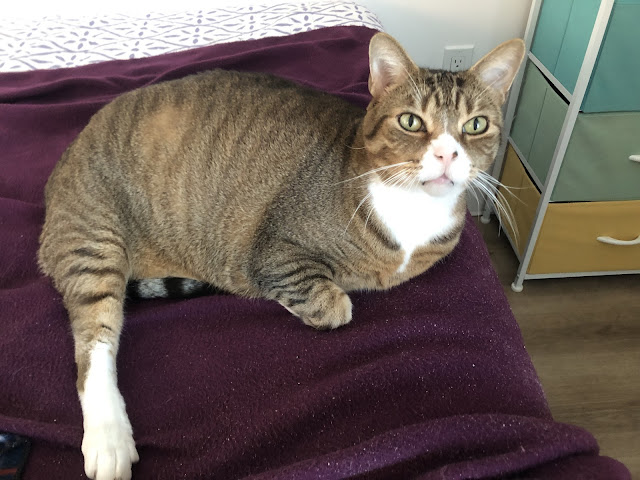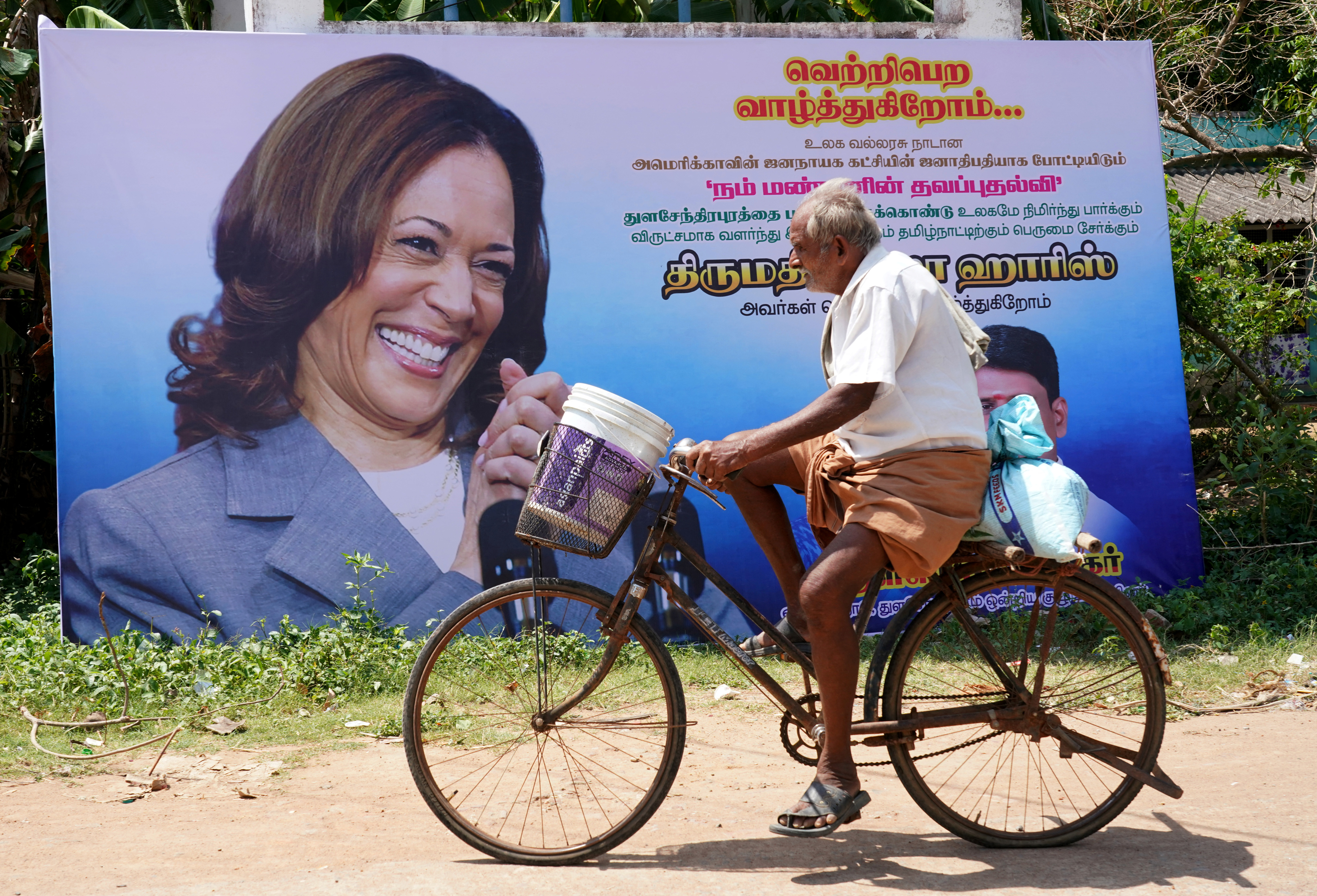In this blog, I have written about poorly-conceived, designed, constructed and maintained cycle lanes. There are “bike lanes to nowhere” (which can be sung to a certain Led Zeppelin tune), those that begin seemingly out of nowhere and ones that put cyclists —and pedestrians and wheelchair users—in more danger than they would face among motorized traffic. Oh, and there was one that ran smack into a supporting column for elevated train tracks.
But there is another hazard that, according to some planners and even path users, can’t be designed away: Lanes that are safe, useful and even scenic by day become alleys of potential terror, especially for those of us who don’t present as male.
Such is the case for a popular 24km (15 mile) ribbon that connects Bristol and Bath in the UK. Because it passes through other fairly-major cities along the way, it’s popular with commuters as well as recreational cyclists—by day.
When darkness falls, however, so does the path’s safety. “It’s like walking down a dark alley on a night out,” said Bristol-based cyclist Rosalie Hoskins. She and other cyclists have described their experiences, or recounted those of others, who have been jumped or ambushed and had their bikes or e-bikes stolen by masked moped riders. There are also other reports of anti-social behavior, such as drunkenness and drug use, along the lane.
While the B2B, as it’s commonly called, has been declared the “most unsafe” bike lane in Britain, the problems described are hardly unique. Indeed, on various bike lanes here in New York, I have nearly hit, or been hit by, people hanging out in the path, not to mention drivers—especially those of for-hire car services—pulling in and out or double-parking.
And while I haven’t heard as much about crime against cyclists, runners or pedestrians in Central Park as I did during the ‘70’s, ‘80’s and early ‘90’s, I was aware of the possibility when, on Monday, I rode the length of it uptown about an hour after it got dark. As I descended the curves to the exit at 7th Avenue (Adam Clayton Powell Boulevard) in Harlem, I thought about the possibility of someone—or some group—hiding in the bushes, ready to spring on an unsuspecting rider or runner: a common occurrence in the bad old days. One reason why such attacks may be less common is that many more people pedal, run, jog, walk or simply hang out in the park than in times past. And while more lighting may or may not improve safety, I think some would oppose it because they believe it would detract from the park’s ambience—which may be a reason why some other path aren’t better-lit or more surveilled.
I concur, however, with Bristol cyclist and PhD student George Rowland when he says more emphasis should be placed on making roads safer for cyclists. They already have lighting and open space, and making them more cyclist-friendly and -usable will do more to encourage people to pedal to work, school, shop or have fun than segregating us.













.jpg)















